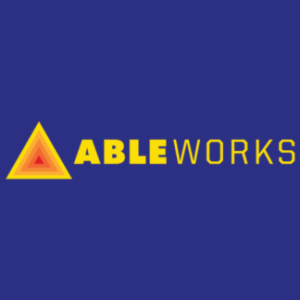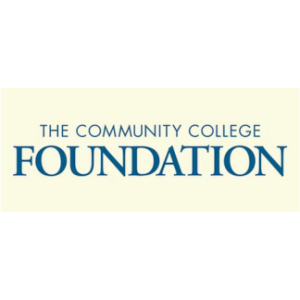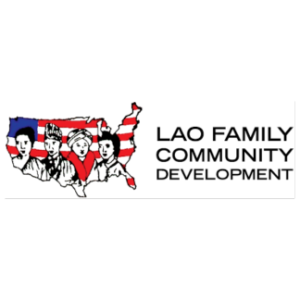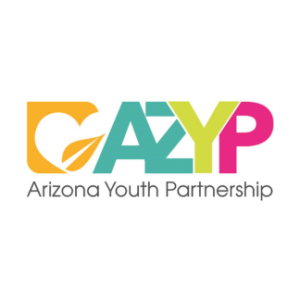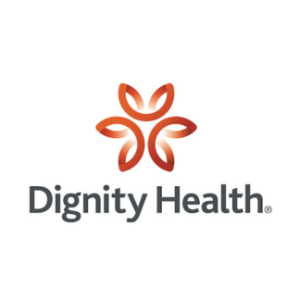for Juvenile Justice
Diversion, Early Intervention and Prevention!
Young people’s skills for forming healthy relationships are shaped by the examples they see and the guidance they receive. When young people become involved with the justice system, their opportunities to learn, cultivate, and practice these skills are interrupted.
In addition, those who experience ongoing stress or early trauma often have difficulty regulating their emotional responses when facing challenges in school, life and relationships, which can cause them difficulties making them more likely to become system involved.
Project WITH and Mind Matters respond to the needs of justice involved youth for healthy relationship, impulse control, and resilience skills. Both programs have been successfully used with youth in care. These programs may be implemented with groups or individuals.
Click here to check out some funding opportunities that your state might have!
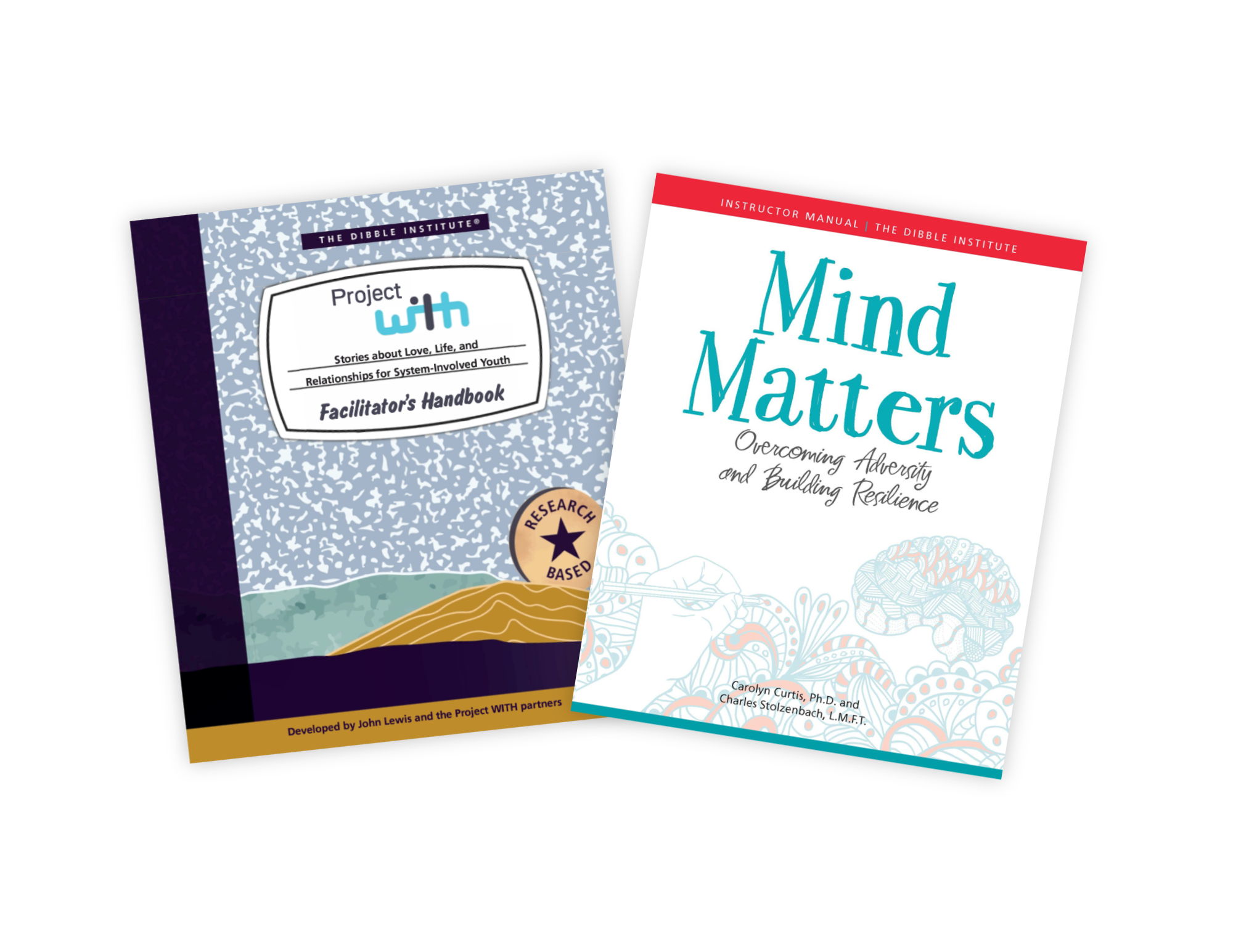
Project WITH
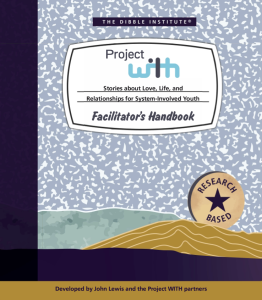
Mind Matters
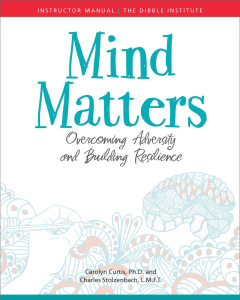
Check out our case studies below!
Youth across the nation are dealing with trauma and toxic stress like never before. Many times, their response is to act out or to start using. Parents, teachers, peers, family members, and the community can be frustrated by these behaviors and respond in negative ways, which can make matters worse.
How can we help our young people make healthy decisions that are not based on emotional dysregulation or a response to trauma?
Young people’s ability to form healthy relationships is significantly influenced by the examples they witness and the guidance they receive. Unfortunately, when youth become involved with the justice or child welfare systems, their opportunities to learn and practice these crucial skills are often disrupted.
Project WITH is designed to change that!
This webinar will describe implementation approaches, including adaptations, of Mind Matters across diverse populations and settings, including traditional school, alternative schools for at risk students/young adults, residential treatment for youth, community-based organizations, and college campuses. The presenters will then review data collected from a series of grants/research projects evaluating Mind Matters with a focus on the impact on knowledge of trauma, trauma related coping skills, PTSD symptoms, resilience, and social skills.



